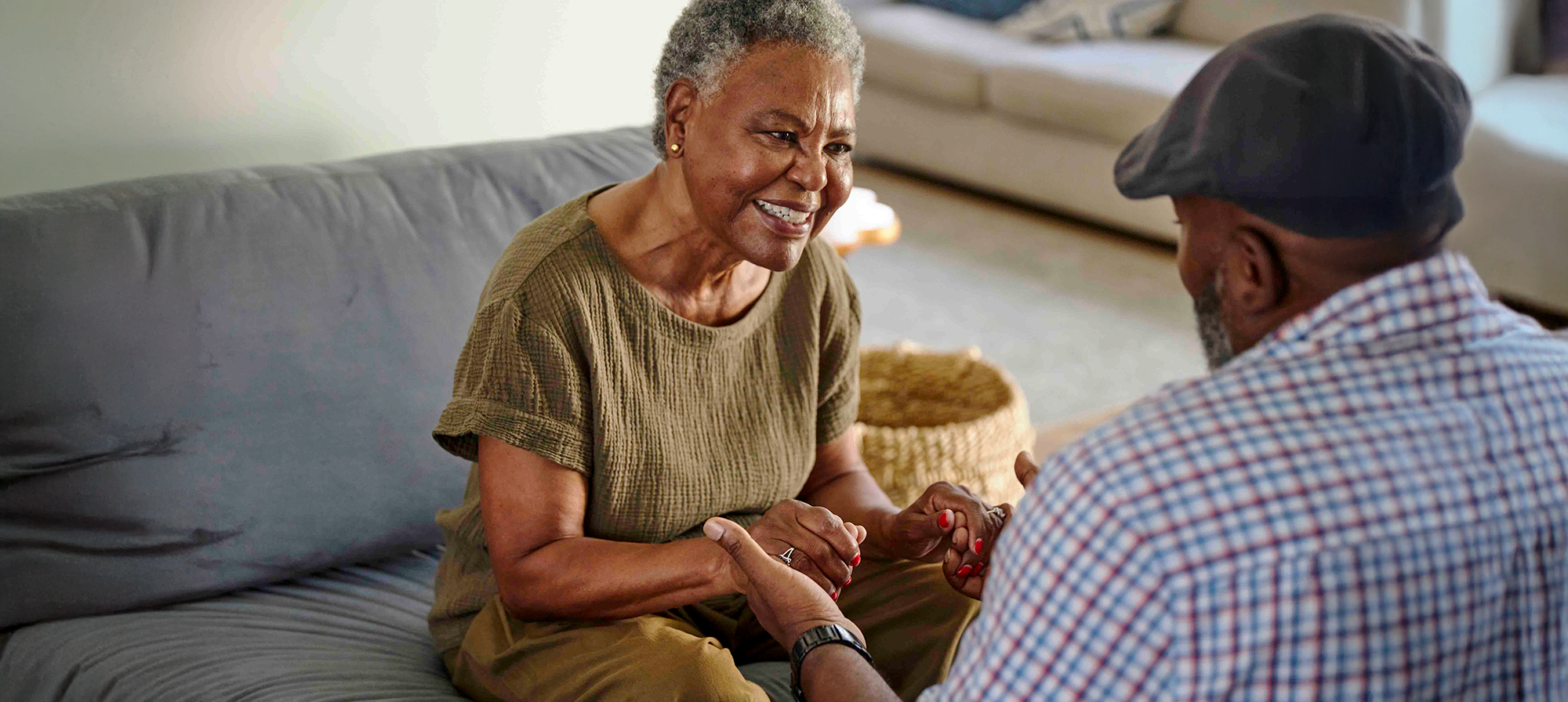Your immune system fights hard to protect you from invading germs that can make you sick. Help it in return by adopting these 8 healthy, immune-boosting habits.
The immune system is your body’s built-in defense against illness. It helps protect against bacteria, parasites, viruses, and other foreign invaders. When it’s healthy, it will help your body fight off infections and sickness. Of course, it can’t stop every bug. That’s why you might still have to deal with a cold, flu, or other kind of infection from time to time. Choosing healthy habits can do a lot to bolster your immune system, so it can do a better job of keeping illness at bay.
 How does the immune system work?
How does the immune system work?
First, it’s helpful to understand that the immune system is a complex network of cells, proteins, and organs, all working together. In fact, there’s still much to be learned about the immune system and how it works. When you come into contact with a virus or a bug your body has never seen before, your immune system may not have the tools yet to fight it. It may need time to build up an immune response. Should that same bug return, your body should recognize it this time and might be better equipped to fight it.
 How does age impact the immune system?
How does age impact the immune system?
As you grow older, your immune system may start to weaken a bit. It may not be as responsive as it once was. You may find you get sick more often. Wounds may take a little longer to heal than they used to. Your genes may also play a role in how strong or weak your immune system is. But choosing healthy habits may still give it (and you) the best fighting chance, no matter what your family history might be.
 How can you make your immune system stronger?
How can you make your immune system stronger?
Research suggests that the healthier a lifestyle you lead, the more likely your immune system will work as it should and remain strong. And the reverse is true, as well: Less healthy habits may mean you’re likely to get sick more often.
 Here are 8 healthy habits you may want to try:
Here are 8 healthy habits you may want to try:
- Eat a variety of nutritious foods. Eating a range of nutrient-rich foods can give you the vitamins and nutrients your body needs. Aim for plenty of veggies, fruits, whole grains, and animal or plant proteins. Avoid processed foods, especially those with hydrogenated fats and/or added sugar.
- Don’t use tobacco or nicotine containing products. Smoking is known to weaken your immune system. If you need help quitting, talk with your doctor. If you don’t smoke/vape, keep up the good work.
- Limit or avoid alcohol. Too much alcohol can also weaken your immune system. Also note, your alcohol sensitivity can increase with age.
- Get some form of exercise daily. Routine workouts and activity have been linked to a stronger immune system. So, it might be helpful to learn to push past your exercise excuses.
- Get enough sleep. A lack of sleep can put stress on your body and weaken your immunity.
- Try to keep stress in check. Long-term stress can harm both your physical and mental health. It can even have a harmful effect on your immune system.
- Wash your hands often. The fewer germs your body has to deal with, the better. Keeping your hands clean is an easy strategy you can use to help limit infection.
- Stay up to date with vaccines. Vaccines train your immune system to fend off specific diseases. These are often diseases your body may not be able to handle on its own.
You may have heard that taking certain supplements may boost immunity. But the research does not support this. Taking certain supplements, in the right doses, may not hurt. But there isn’t enough research to back up claims that they will bolster your immunity, either. Use caution and talk with your doctor should you have questions.
Your immune system is very complex. Your diet, age, and stress levels all play a role in how well it works. If you feel your immunity is not what it should be, talk with your doctor. And think about adopting the 8 healthy lifestyle habits mentioned above to keep your immune system fighting strong for many years to come.
Not a Silver&Fit® member? Learn more about everything the program has to offer, including more helpful healthy living tips like this, here on our website.
This information is not intended to take the place of regular medical care or advice. Please check with your doctor before using this information or beginning any self-care program. Images used for this article do not depict any members of the Silver&Fit program.
References
Besedovsky, L., Lange, T., & Born, J. (2012). Sleep and immune function. Pflugers Archiv: European Journal of Physiology, 463(1), 121–137. https://doi.org/10.1007/s00424-011-1044-0
Childs, C. E., Calder, P. C., & Miles, E. A. (2019). Diet and immune function. Nutrients,11(8)
Li, X. V., Leonardi, I., & Iliev, I. D. (2019). Gut mycobiota in immunity and inflammatory disease. Immunity,50(6),1365-79.
Pinti, M., Appay, V., Campisi, J., Frasca, D., Fülöp, T., Sauce, D., Larbi, A., Weinberger, B., & Cossarizza, A. (2016). Aging of the immune system: Focus on inflammation and vaccination. European Journal of Immunology, 46(10), 2286–2301. https://doi.org/10.1002/eji.201546178
Qiu, F., Liang, C. L., Liu, H., Zeng, Y. Q., Hou, S., Huang, S., Lai, X., … Dai, Z. (2017). Impacts of cigarette smoking on immune responsiveness: Up and down or upside down? Oncotarget, 8(1), 268–284. https://doi.org/10.18632/oncotarget.13613
Sadighi Akha A. A. (2018). Aging and the immune system: An overview. Journal of Immunological Methods, 463, 21–26. https://doi.org/10.1016/j.jim.2018.08.005
Sarkar, D., Jung, M. K., & Wang, H. J. (2015). Alcohol and the immune system. Alcohol Research: Current Reviews, 37(2), 153–155.
da Silveira, M. P., da Silva Fagundes, K. K., Bizuti, M. R., Starck, É., Rossi, R. C., & de Resende E., … Silva, D. T. (2021). Physical exercise as a tool to help the immune system against COVID-19: An integrative review of the current literature. Clinical and Experimental Medicine, 21(1), 15–28. https://doi.org/10.1007/s10238-020-00650-3
This article was written by Jason Nielsen, edited by Gail Olson, and clinically reviewed by Elizabeth Thompson, MPH, RDN, on December 23, 2024.





